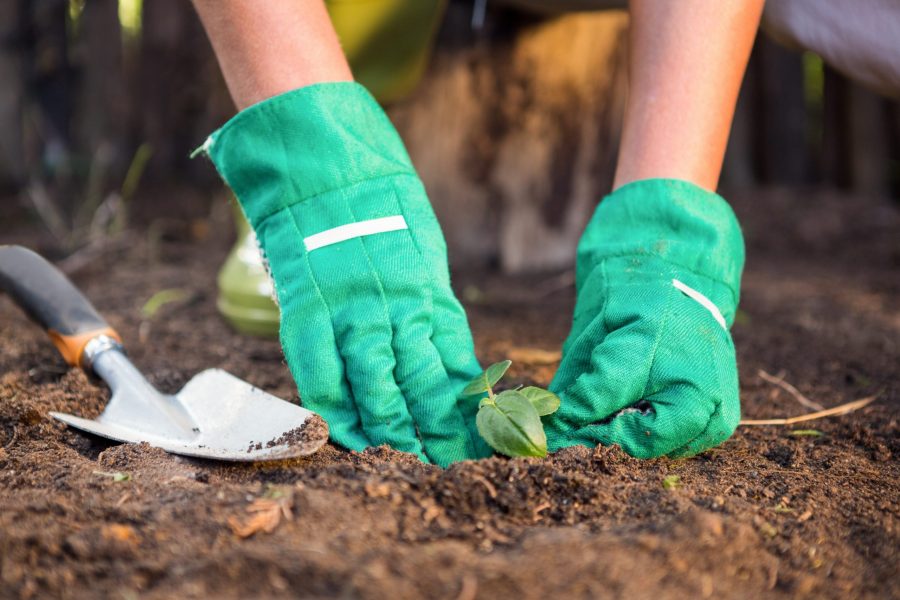If you’re thinking about gardening this year, but aren’t excited about the messy work of digging up soil, there are four alternatives to soil that may be worth checking out. Best of all, they’re all easy to use! Read on to learn more about these four alternatives to soil.

Peat Moss
Peat moss is a great first choice as an alternative to soil. This material holds water very well and is easy to find at any local garden store. Peat moss also contains natural fertilizers, which help keep your plants healthy. Be sure not to overdo it with peat moss as it is important to add sand or perlite when using peat moss for it to drain properly.
Stone Gravel
Some people choose to use stones or gravel instead of soil because it allows for better drainage. In addition, it can prevent the wind and rain from taking away any dirt that is surrounding the plant roots. When considering what type of gravel to use for your garden, consider reaching out to a stone gravel supplier for their recommendations. They may be able to help you evaluate if stones are ideal for on top of the soil or if it will work to mix it with the soil. Make sure to place larger stones underneath any flowerpots or other containers you plan on using in your garden bed to help protect your plants from being knocked over by stronger winds and prevent water from pooling at their bases.
Perlite
Perlite is a hydrated volcanic glass that has an excellent water retention capacity, making it perfect for use in pots as a replacement for soil. Perlite acts as an excellent mulch for plants and helps them retain soil moisture. The lightweight material can be tilled into garden beds prior to planting, which can also help aerate compacted soil.
Clay Pebbles
Becoming more and more popular are the expanding clay pebbles. The clay pebbles retain water and slowly release the water over time. Due to being super lightweight and safe to handle, it has become an especially desirable soil substitute for hydroponic gardens.
Peat Moss
For acid-loving plants such as blueberries and Cammilles, peat moss is a great alternative to soil. Peat moss is dead moss that is porous and has a high ph balance. One of the biggest benefits is its ability to hold water several times its weight. However, due to the type of plants that peat moss is typically used for, it is often used as an additive to soil and not a sole replacement for the soil. With that in mind, it may take additional testing and training to make the plants happy with peat moss.
Coconut Coir
Coco coir is made from coconut husks and is another soil replacement to consider when gardening. This coconut husk soil alternative can hold up to six times its weight in water, making it perfect for soil-less gardens. It comes in blocks that you can break up into smaller pieces or purchase shredded. You can also buy pure coco coir, which is 100% coconut husk without any added fertilizers or additives.
If you want to start gardening but don’t have space, money, or time to dedicate to soil cultivation, try these alternatives instead! Keep exploring new ways to improve your garden with this guide to soil alternatives.